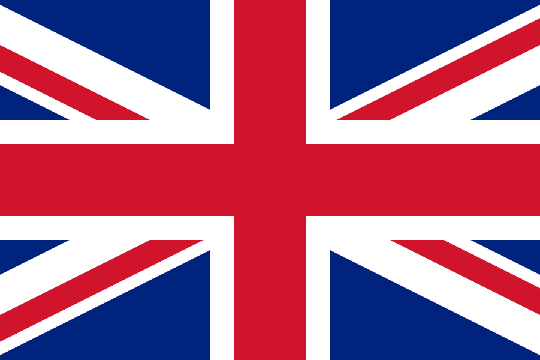 Basic statistics and data handling
Basic statistics and data handling
Date: 30 August - 1 September 2017
This three day course is intended to open doors to applying statistics - whether directly increasing skills and personally undertaking analyses, or by expanding knowledge towards identifying collaborators. The end goal is to drive confident engagement with data analysis and further training - increasing the quality and reliability of interpretation, and putting that interpretation and subsequent presentation into the hands of the researcher. Each day of the course will deliver a mixture of lectures, workshops and hands-on practicals – and will focus on the following specific elements.
Day 1 focuses on basic approaches and the computer skills required to do downstream analysis. Covering: Basic skills for data manipulation in R. How to prepare your data effectively. Principles of experimental design and how this influences analysis.
On day 2, participants will explore the core concepts of statistics – so that they can begin to see how they can be applied to their own work, and to also help with better critical evaluation of the work of others. Covering: Basic statistics concepts and practice: power, variability, false discovery, t-test, effect size, simulations to understand what a p-value means.
On day 3 we will continue to explore core concepts of statistics, focusing on linear regression and multiple testing correction.
Course materials are available here.
This event is supported by the BBSRC Strategic Training Awards for Research Skills (STARS) grant (BB/P022766/1).
Please note that if you are not eligible for a University of Cambridge Raven account you will need to book by linking here.''
Keywords: HDRUK
Venue: Craik-Marshall Building
City: Cambridge
Country: United Kingdom
Postcode: CB2 3AR
Organizer: University of Cambridge
Host institutions: University of Cambridge Bioinformatics Training
Target audience: The course is aimed primarily at mid-career scientists – especially those whose formal education likely included statistics, but who have not perhaps put this into practice since., Graduate students, Postdocs and Staff members from the University of Cambridge, Institutions and other external Institutions or individuals
Event types:
- Workshops and courses
Scientific topics: Bioinformatics, Data visualisation
Activity log

 United Kingdom
United Kingdom
